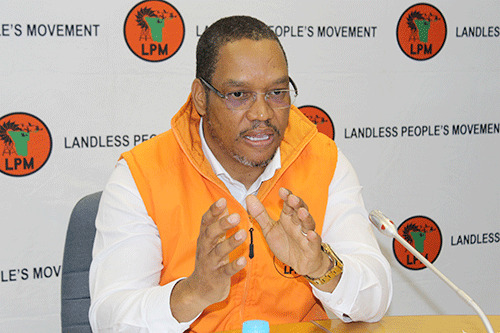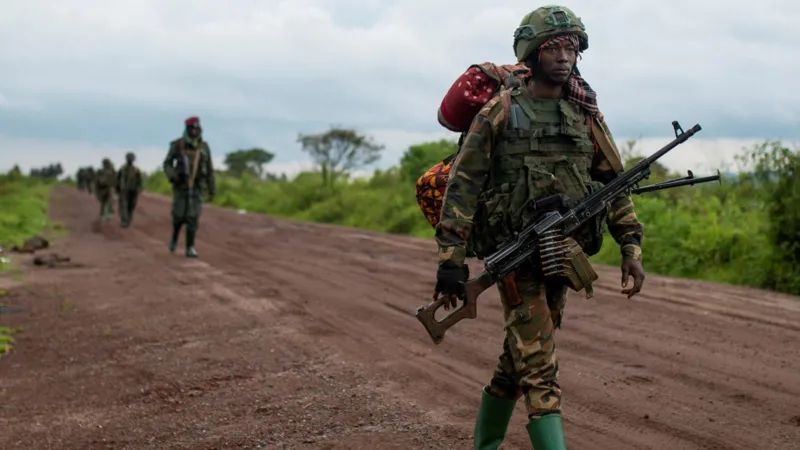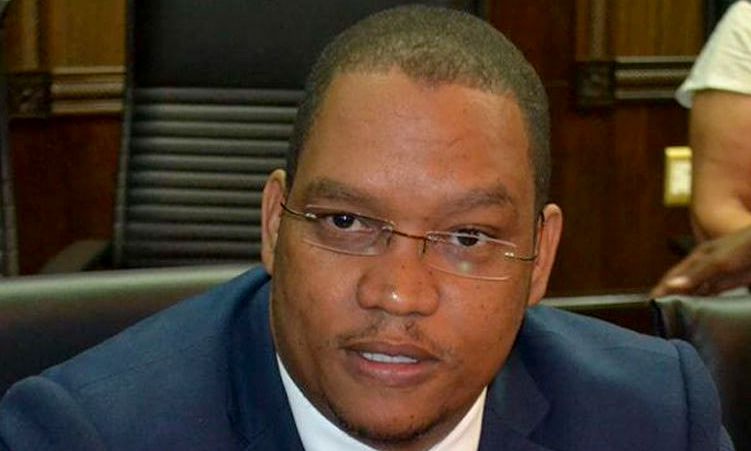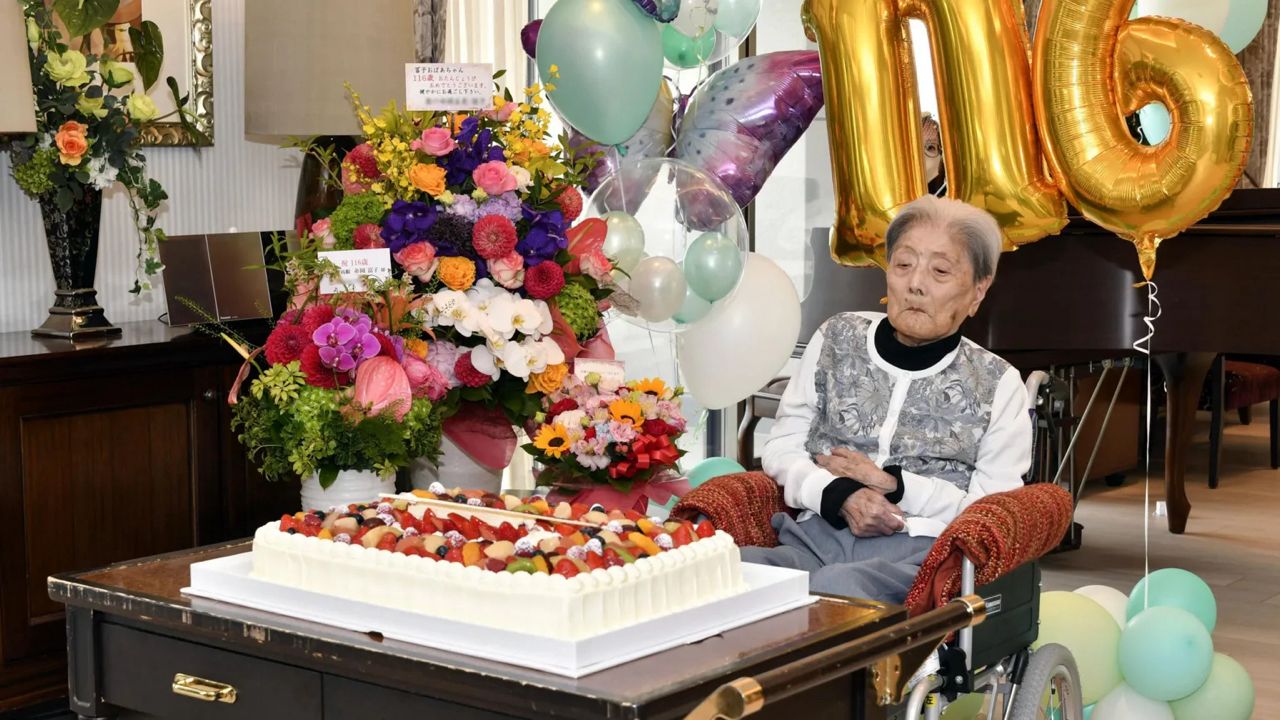Landless People’s Movement (LPM) leader Bernadus Swartbooi says the time has come for Namibians to give an alternative political party the mandate to execute the agenda of socioeconomic development.
Speaking at Otjiwarongo in the Otjozondjupa region on Saturday, Swartbooi said there is no political party with a track record proving they can solve the housing crisis, unemployment, agriculture, food security as well as youth empowerment.
“All of us here gave one party and one party only the mandate to rule for the past 34 years. But what did we get? Some of us standing here represented them but realised they had no plan. Let us reconsider our political orientation and get rid of this ruling party . . . So we can do better for our children and grandchildren,” said Swartbooi.
Swartbooi said LPM advocates access to land for all citizens. Land will provide citizens with the opportunity to build and own houses, have security to further their children’s education, and provide better employment opportunities.
He said LPM believes there is sufficient money in the government to give elders N$3 000 to N$4 000 in monthly pensions, give orphans and vulnerable children an additional N$2 000, and to give a monthly N$1 500 as a basic income grant to young people to stabilise themselves for five years.
“Hunger is real in this country. Our young people are starving daily. Our people are experiencing unprecedented hunger. We can address it on a short-term basis by putting them above the breadline while we are sorting out the agriculture question,” said the LPM leader.
Swartbooi said, according to the Namibia Statistics Agency (NSA), 53.4% of households are agricultural, and, therefore, if the party addresses agriculture, they are addressing food security, income generation, and employment creation.
He warned that if the needs of young people, who constitute 71% of the population, are not addressed, that group will dispossess what the elderly of the population has gathered for themselves.
“If the 71% don’t get housing, land, houses, jobs and education, they can stand up and take what the 29% has gathered. This can be through crime, or disinheriting widows and widowers. If the 71% is not well treated and their hopes and aspirations not met, we will have anarchy and unrest in this country.”
He said while Namibia gained independence 34 years ago, it has not necessarily translated into true independence and freedom for the masses as they are still enchained by poverty, lack of education, unemployment and landlessness.
He said the benefits of independence have mainly targeted specific individuals and their selected networks.
“In 1991, 55% of learners had dropped out by age 15, a figure that rose to 71% by 2016. Only 22% of school children complete their education. What happens to the remaining 78%?” he questioned, quoting statistics from NSA.
True freedom for a person or society, Swartbooi said, is only achieved when there is freedom from poverty, hunger, lack of education, landlessness, homelessness, job insecurity, and when everyone can reach their full potential.
“The leaders you had for the past 34 years were also poor, uneducated and hungry, therefore, they needed to attend to themselves first, and they have made you, the nation, the masses wait,” said Swartbooi.
Stay informed with The Namibian – your source for credible journalism. Get in-depth reporting and opinions for
only N$85 a month. Invest in journalism, invest in democracy –
Subscribe Now!








